Standby Generator
nyc_sport
12 years ago
Related Stories
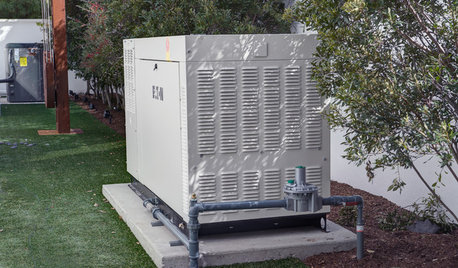
DISASTER PREP & RECOVERYMore Power to You: How to Pick the Right Generator
If your home's electricity goes, don't let it take your necessities with it — keep systems running with this guide to backup power
Full Story
FALL AND THANKSGIVINGSimple Pleasures: A Cozy Home in Cold Weather
Stock up on these treats and essentials to make even blustery days and snowed-in time feel special
Full Story
GARDENING GUIDESGreat Design Plant: Golden Alexanders for Early Spring Color
Get sunny flowers while other garden growers are still asleep, with this adaptable prairie plant beloved by butterflies
Full Story
GARDENING GUIDESGarden-Friendly Native Alternatives to Overplanted Exotics
There are lots of gorgeous, wildlife-friendly native plants ready to make an appearance in your garden
Full Story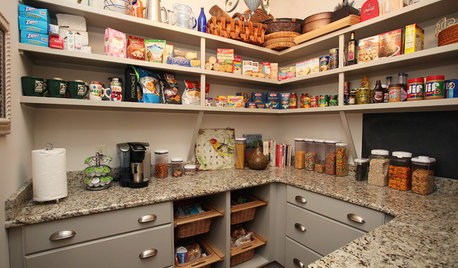
LIFEHow to Prepare for and Live With a Power Outage
When electricity loss puts food, water and heat in jeopardy, don't be in the dark about how to stay as safe and comfortable as possible
Full Story
GREEN BUILDINGOff the Grid: Ready to Pull the Plug on City Power?
What to consider if you want to stop relying on public utilities — or just have a more energy-efficient home
Full Story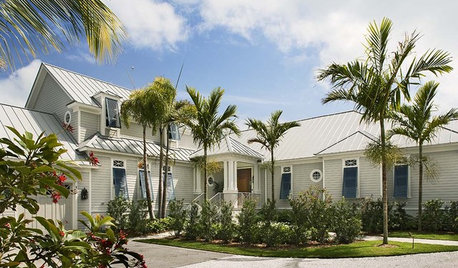
REMODELING GUIDES11 Ways to Hurricane-Proof Your House
From smaller tasks you can do right now to bigger renovation projects, these strategies can help keep you high and dry at home
Full Story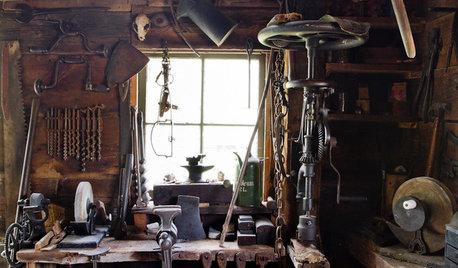
MATERIALSAre You a Maker? Show Us Your Favorite Tool or Material
Houzz Call: A tool or material can be a maker’s best friend. We’d like to see your favorite — and what it helps you achieve
Full Story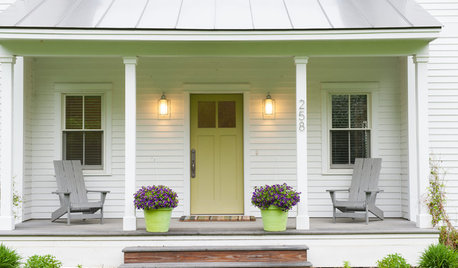
HOUZZ TOURSMy Houzz: A Prefab Modern Farmhouse Rises in Vermont
A prefab borrows from the simplicity of barns to suit its family and the Vermont countryside
Full Story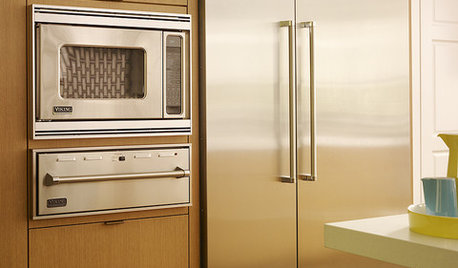
KITCHEN DESIGNA Cook’s 6 Tips for Buying Kitchen Appliances
An avid home chef answers tricky questions about choosing the right oven, stovetop, vent hood and more
Full StoryMore Discussions






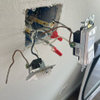
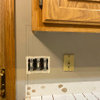
Ron Natalie
stinkytiger
Related Professionals
Goodlettsville General Contractors · ‘Ewa Beach General Contractors · Hayward General Contractors · Kentwood General Contractors · Klahanie General Contractors · Maple Heights General Contractors · Pacifica General Contractors · Springfield General Contractors · Arlington Handyman · Hillcrest Heights Handyman · Brockton Solar Energy Systems · Allen Home Automation & Home Media · Burlingame Home Automation & Home Media · Fairfield Home Automation & Home Media · Plant City Home Automation & Home Mediabrickeyee
nyc_sportOriginal Author
bus_driver
ionized_gw
nyc_sportOriginal Author
apg4
brickeyee
ionized_gw